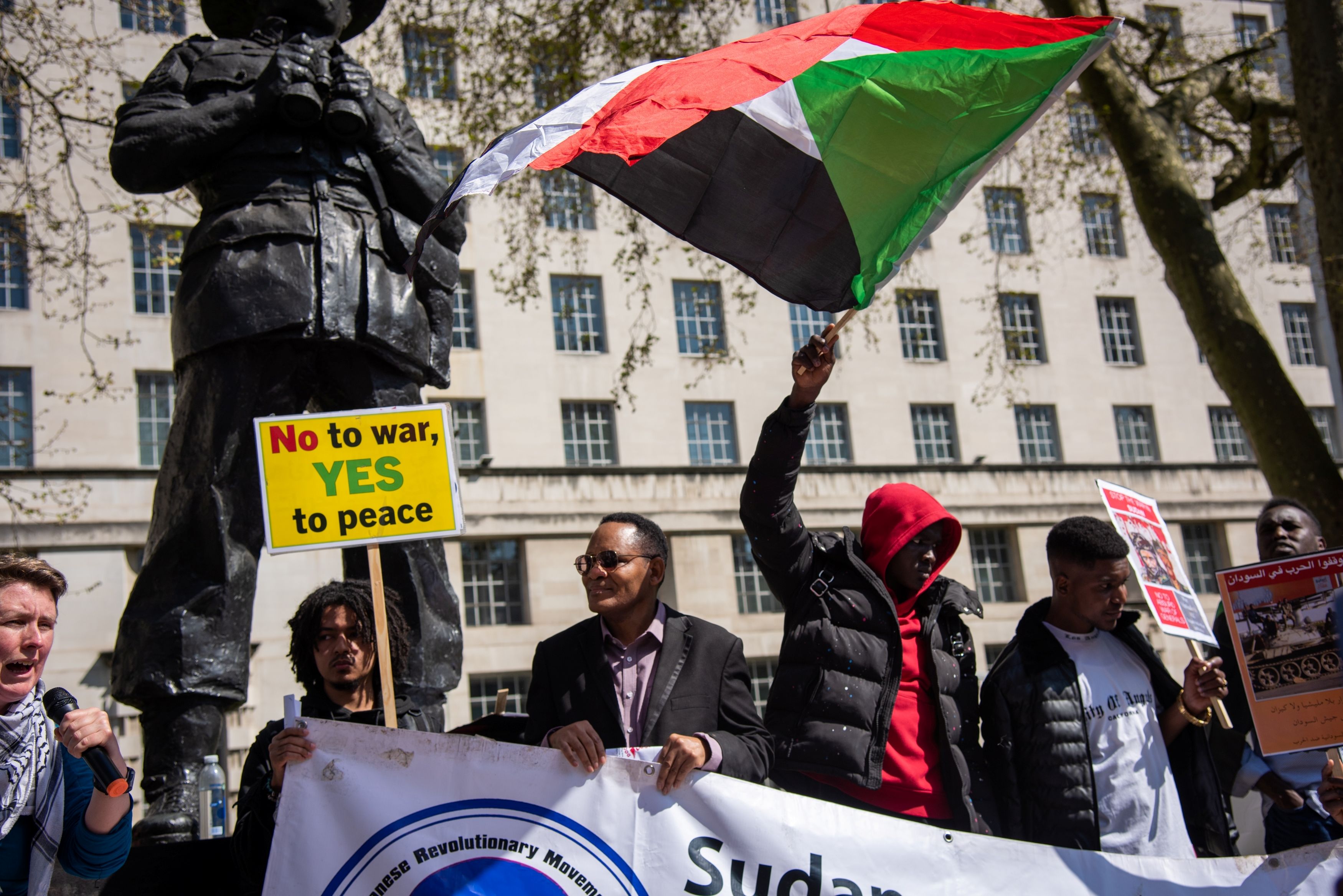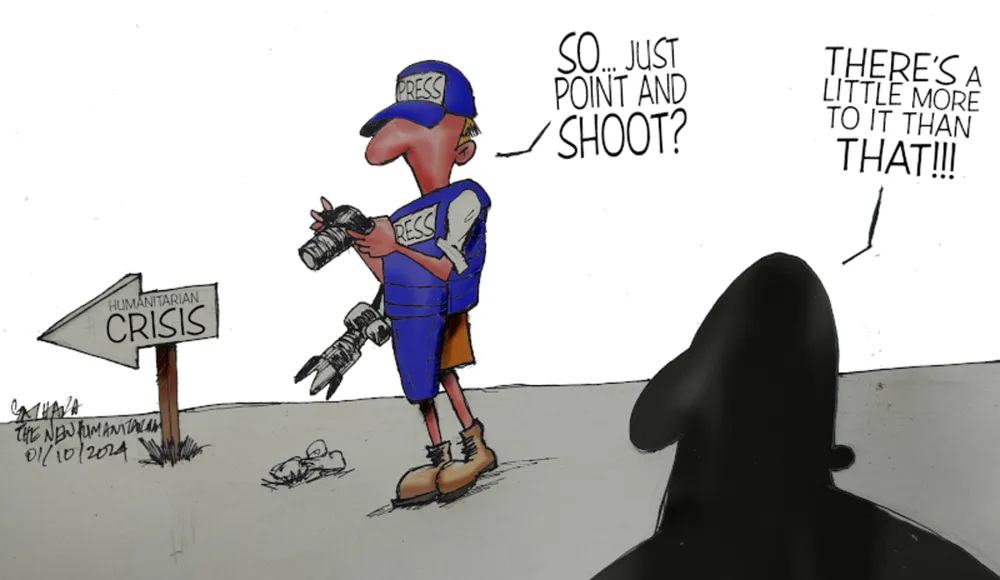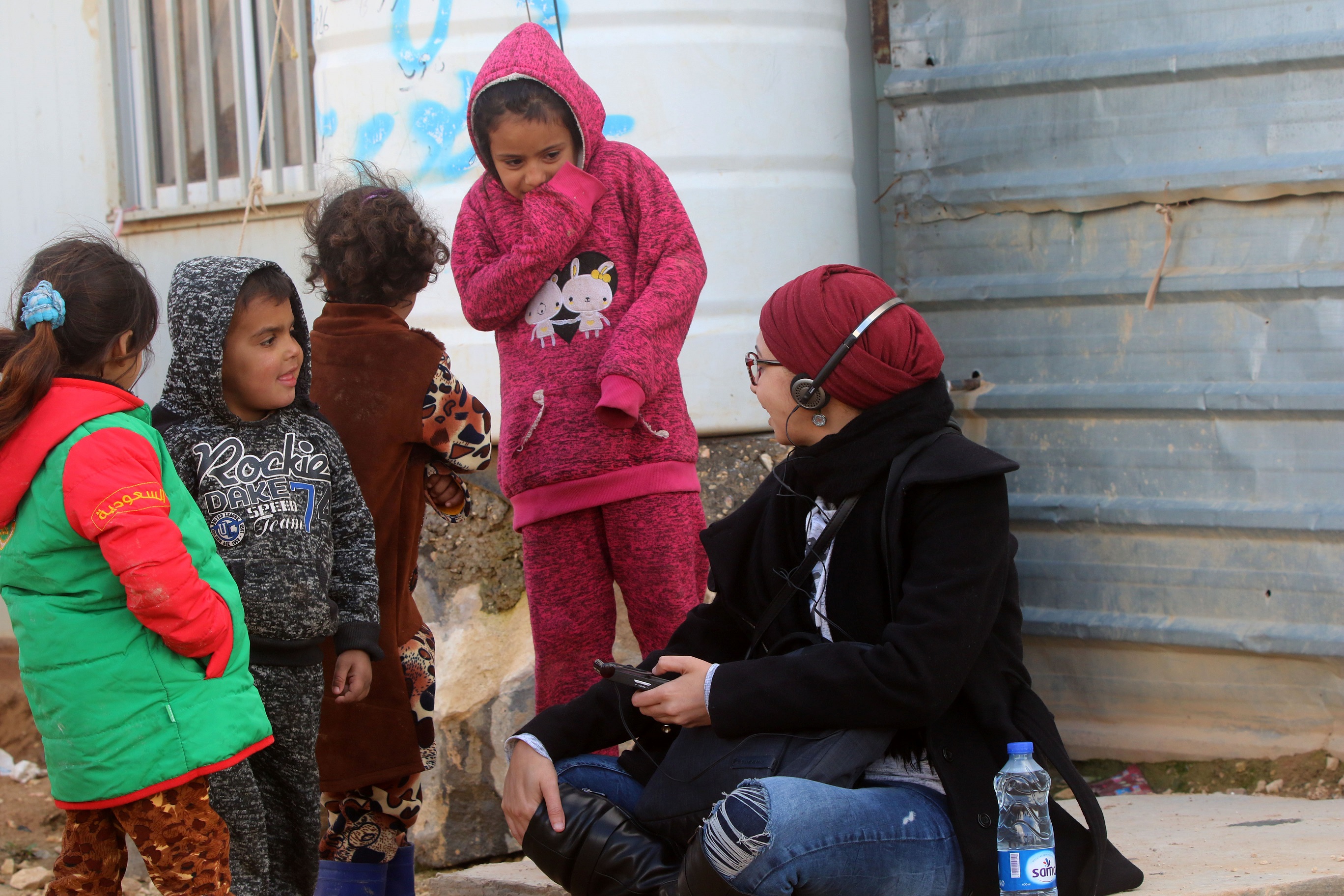The relentless flow of news in the digital age has re-shaped the parameters by which we decide what is 'news' and what is not
The academic debate around defining news value has essentially centred on the question: "Why was this story chosen for publication?"
The classic response relates, of course, to the significance of an event itself and its impact on the public interest which is a response that has little relation to the actual journalistic practice.
In the pre-internet era, there were various objective and subjective factors that influenced the decision to give a certain event the necessary news value to turn it into a news story.
These factors included the journalist's biases and interests - conscious or unconscious - the political or social leanings of the news organisation, the decisions of the owners or advertisers and the government pressures.
With the advent of digital platforms in news production, these factors have expanded. At the same time, the factors which previously influenced objectivity in determining the news value of events have transformed into new forms but produce the same biases.
For example, pressures have extended beyond the owners and advertisers to algorithms used by digital platforms which ultimately determine what gets published.
Additionally, these algorithms' control over what information and events journalists see gives them a significant role in shaping the biases of those journalists and, consequently, the new journalistic formats that inevitably result from the changing rules of dissemination dictated by the changing moods of digital platforms.
This shift of control over sources of information has made the concept of "news value" extremely fluid, and it may be difficult for even two journalists to agree on any specific criteria that make an event worthy of becoming a news story.
So, is it what’s in "trend", an event's potential to go viral and garner views or its potential impact on public interest?
This fluidity has inevitably extended to the ethical rules of journalism as a whole; neither does objectivity permit the selection of news based on its potential to go viral nor does independence exist under the dominance of algorithms at any stage of news production.
To overcome this challenge, some advocate for the necessity of redefining journalistic rules to accommodate these digital developments, or the need to produce an entirely new ethical system of journalism that liberates itself from the old rules.
Assuming that ethics as rules change according to the change in methods of writing and publishing, this claim can be strongly argued against, because journalism transcends formalism and is not based on any particular format, template or narrative style.
Pressures have extended beyond owners and advertisers to algorithms on digital platforms which determine what gets published
Therefore, asserting the need for a new set of ethical rules solely because the mechanisms for news production, publication and consumption have changed, seems a flawed argument. This is especially so when these demands are used to sever ties with the profession's ethical rules, under the pretext of keeping up with the needs of the audience and the publishing rules imposed by digital platforms.
The root of today's crisis in journalism is the absence of such rules in evaluating each new practice imposed by digital publishing rules. At Al Jazeera Media Institute, we have previously published a guidebook in Arabic, entitled "Ethics of Journalism in the Digital Age".
In this guidebook, we have attempted to stimulate discussion around the most prominent new data in journalistic practice in the digital age, which necessitates in-depth discussion within newsrooms to come up with a professional mechanism for dealing with it.
The press and the never-ending battle for attention
In his book, "Phenomenology of Perception", the French philosopher, Maurice Merleau-Ponty, states: "The function concerned with revealing things existing in the dark is called attention". These words will seem very familiar to journalists as much of journalism literature considers the profession's core function is to reveal the violations and abuses which “take place in the dark”.
Essentially, the role of journalism revolves around drawing attention to what the public needs to focus on in its own best interests.
However, an ethical question arises here: Which aspects of the “dark” will we shed light on? Will we seek to highlight every revelation, no matter what? Is drawing attention to marginal issues equivalent to revealing major corruption scandals, for instance?
In other words, what is the news value of each revelation? And how can we determine this value in an era dominated by "viewer numbers and engagement" as an essential value for a story's success?
Adding to this question is the dilemma of attracting attention itself.
At a time when the flow of content on digital platforms has become overwhelming and audience interests have vastly fragmented, many digital newsrooms have resorted to building a content strategy based on keeping up with "the rules of engagement" in the algorithms of these platforms.
This may be due to their inability to understand these diverse interests, or to discover ways of covering them that will attract the largest possible audience. Journalists cannot be entirely blamed for this shortfall. It is an era of content saturation, and what matters to people changes rapidly.
Every day more than one issue captures the public's attention, according to the interests of each segment. I considered this issue on the last day of 2022 (December 31) when events like "Cristiano Ronaldo's transfer to Al-Nassr Football Club" were still capturing some of audiences’ attention, along with "the death of former Pope Benedict XVI", "the Russian army's bombing air raid on Kyiv, Ukraine" among many other events.
This coverage occurred in line with other news such as "an agreement between Russia and Ukraine to exchange prisoners", "migrants' boat was drowned in the north of Lebanon" and "North Korea launching three ballistic missiles" … etc.
All of these matters have news value and journalists cannot afford to ignore them, nor can they set aside this torrent of information in order to focus on revealing a major corruption scandal or produce in-depth content about anything at all.
However, do all these issues necessitate broader coverage than news reporting? And does every event which carries news value mean that it is suitable for treatment in all types of journalistic formats?
If you try to follow the life cycle of prominent news articles on digital media platforms, you will find that many automatically transition from one format to another without any evaluation of their suitability for each format.
An event may start as breaking news, then turn into an extended report, then a short video, then a long explanatory video, then a podcast episode, and so on.
The irony is that you will find the same news having gone through this exact cycle on different news platforms, leading to repetitive journalistic content, including events that perhaps do not hold news value necessitating such expansion.
This results in distracting the audience and diminishing the fundamental value of journalism as a tool for attracting and focusing attention on specific issues.
Between value and going ‘viral’
Today's journalistic approaches can be divided into two schools of thought. The first argues that journalism must adapt to the demands of its audiences, understand their digital behaviours and provide content that ensures engagement and reach (and the results, it can be said, are striking and statistically proven).
This must occur within frameworks that accommodate algorithms, in order to keep journalistic content trending and not leave this to non-specialists in content creation.
This necessitates a relaxation of professional and ethical standards, meaning that what determines the newsworthiness of an event is its potential for going “viral”, provoking debate and trending, potentially causing journalists to overlook important yet “boring” events.
This shift of control over sources of information has made the concept of 'news value' extremely fluid
The second school of thought maintains that journalism should adhere to traditional standards of determining newsworthiness; what genuinely impacts the public interest.
It advocates disciplined engagement with the algorithms of digital platforms, focusing solely on what serves the dissemination of information and draws attention to important issues, attempting to adapt new frameworks to established journalistic rules, and taking on the negative consequences of potentially being excluded by algorithms or having reduced access to the audience.
Some may argue that both approaches have their merits. On one hand, journalism cannot fulfil its function if it doesn't reach its audience. On the other, it cannot maintain its value as an institution of “truth” if it blurs the lines with content creators, influencers and platforms chasing viewing figures.
But should journalism's function be to meet the needs of the audience, whatever they may be? Should the standard of newsworthiness depend on what succeeds in going viral? And what is the value of news that doesn't reach its audience, no matter how important?
A new face of ‘yellow journalism’?
What we see today, from digital news platforms focusing on sensationalism and ignoring ethical and professional rules, is actually not new at all.
The success of this type of content in going “viral” has nothing to do with the audience's aversion to serious journalism.
This has been the case since the 1890s, when "yellow journalism", which places an emphasis on sensationalism, began to spread, ironically spearheaded by Joseph Pulitzer, namesake of the Pulitzer Prizes. Today, tabloids and “yellow” papers continue to dominate sales figures in many countries around the world.
The danger lies in the fact that many reputable journalistic institutions have begun to give in to these standards, which they have resisted for decades, lured by the huge rewards of going viral that ensure reach and sustainability.
This has occurred without any genuine attempt to find a middle ground or to innovate solutions that allow for the reporting of actual news in a format that can go viral, while adhering to ethical standards and maintaining news “value”.
This suggests that we may be on the brink of an era where the definition of news value is based solely on entertainment, the ability to provoke debate, inspire romantic ideals and clichéd ideas of tolerance and advocacy for sectarian identities, simply because this is what guarantees going viral.
Muhammad Khamaiseh is an editor at Al Jazeera Media Institute
Translated from the original Arabic by Yousef Awadh







































